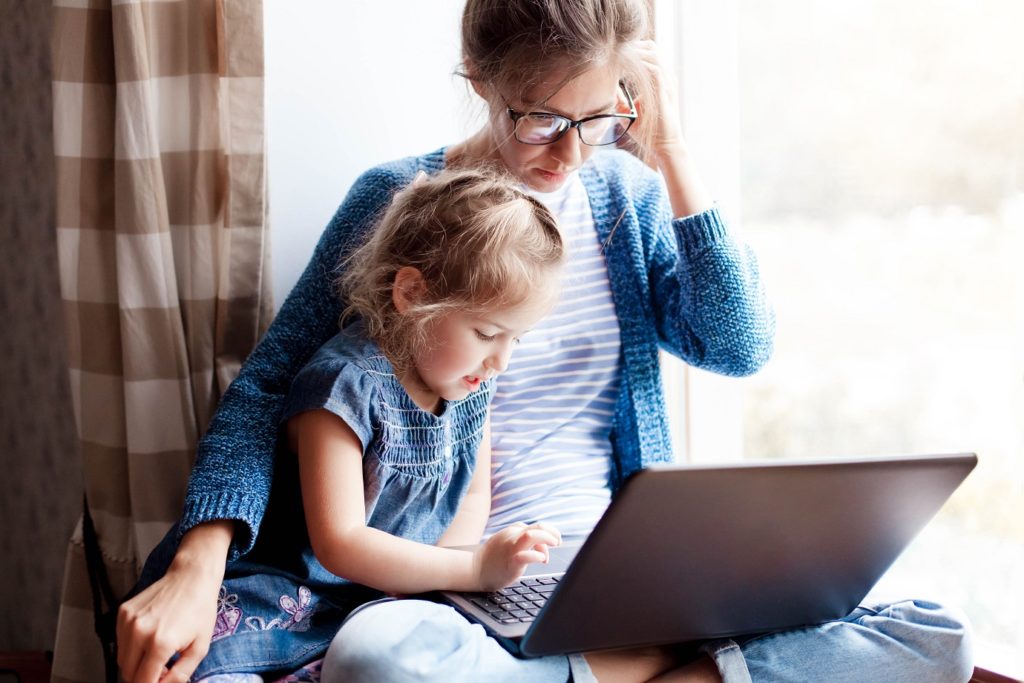Women, especially those in a couple with dependent children, experienced a greater decline in their mental health during lockdown in 2020, compared other groups of Australians.
New research from The University of Melbourne published in The Lancet Public Health shows that the negative impacts of lockdown were more pronounced for women in couples with children under the age of 15, as well as women who lived in flats or apartments in Melbourne.
Co-author Professor Mark Wooden said the study shows that COVID-19 lockdowns exacerbated existing inequalities in how household and caring duties are distributed in households.
As we’ve noted many times on Women’s Agenda, women and mothers have been much more likely to shoulder unpaid domestic responsibilities and caring duties during the pandemic.
“If lockdowns and other polices intended to restrict population movement are to remain part of the policy toolkit for responding to pandemics, more attention needs to be given to providing support to alleviate the potential negative side-effects, including for example, focusing on equitably delivering childcare services and schooling,” Professor Wooden said.
“Further research is also needed into the potential modifying role that environmental factors, such as housing and access to outdoor space, might have on the psychological effects of lockdowns.”
The study analysed 151, 583 observations from 20,839 Australians from 2011 to 2020, with data taken from the Household, Income and Labour Dynamics in Australia survey.
Notably, the study shows that lockdowns in 2020 were associated with a greater mental health impact on women than men. The gendered effect was most pronounced for those in early to mid-adulthood between the ages of 20 and 54, those in couples with dependent children, those living in metropolitan Melbourne, and those who live in smaller spaces like apartments.
“The average treatment effect for these females was of a magnitude that would be considered clinically relevant and equivalent to that of major life events such as being laid off from work,” the study states.
Interestingly, no negative effect of lockdown was found for single mothers, and there was no evidence that the lockdown effect was different for men in couples, with or without dependent children.
“While this study doesn’t speak to the prolonged effects of lockdowns, nor what the impact would be in the absence of lockdowns in relation to greater illness and death cause by COVID-19, it does provide evidence of mental health effects that should be accounted for when evaluating the merits and costs of the Australian COVID-19 policy approach,” Professor Wooden said.
“It’s also important to note that although our findings are very specific to the Australian context, these policy responses (stay-at-home orders, school and business closures, cancellation of public events and restrictions on movement) and their mental health effects might be widespread around the world.”

